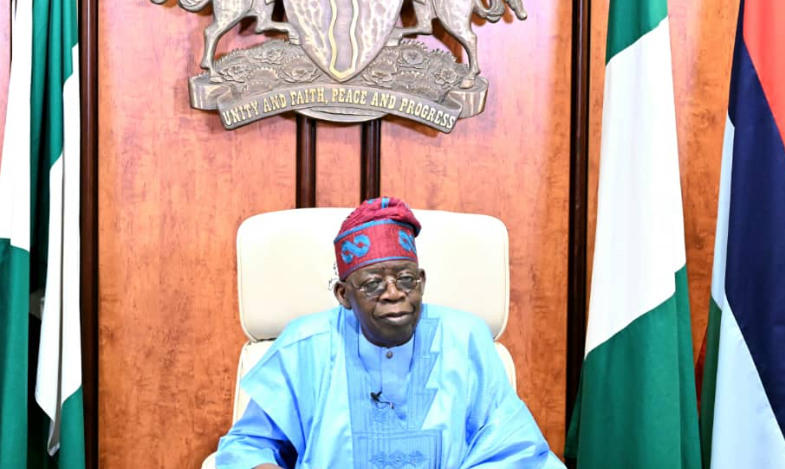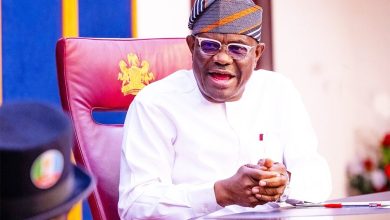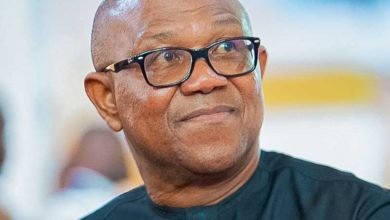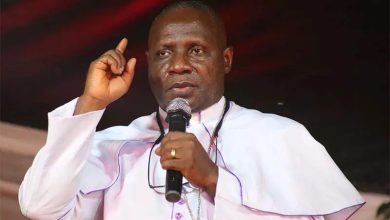Presidency Dismisses World Bank Report Claiming 139 Million Nigerians Are Poor
The Presidency has dismissed the World Bank’s report on poverty, saying its figures do not reflect Nigeria’s true realities.
It insisted the data was outdated and ignored the nation’s informal economy.
The Presidency has faulted a recent World Bank report claiming that about 139 million Nigerians are currently living in poverty. It described the figure as exaggerated and not reflective of the nation’s true economic situation.

President Bola Tinubu’s Special Adviser on Media and Public Communication, Sunday Dare, said on Wednesday that the figure was based on global benchmarks that do not align with Nigeria’s realities. He noted that the World Bank used the $2.15 daily global poverty line, set in 2017, to arrive at its conclusion.
According to him, when converted to today’s value, the figure equals about N100,000 per month, which is higher than Nigeria’s new minimum wage of N70,000. He explained that this benchmark should not be interpreted as an actual count of poor Nigerians.
Dare added that the report relied on outdated consumption data from 2018 and failed to capture the informal and subsistence sectors that support millions of families. He maintained that the government views the report as a model-based projection, not an exact picture of 2025 conditions.
He said Nigeria’s focus is on reversing poverty through ongoing economic reforms aimed at building a fair and inclusive system. According to him, the Tinubu administration has expanded social and welfare programmes to reduce hardship and improve livelihoods.
Some of the initiatives he listed include the Conditional Cash Transfer scheme, which now covers 15 million households, and the Renewed Hope Ward Development Program designed to bring micro-projects and social services directly to communities. Other interventions include N-Power, TraderMoni, and school feeding programmes.
Dare said the government is also addressing food security through fertilizer distribution, mechanization, and reviving strategic reserves. He mentioned that the Renewed Hope Infrastructure Fund and the National Credit Guarantee Company are supporting projects in roads, housing, and small business financing.
The Presidency stressed that reforms such as subsidy removal and exchange rate unification were tough but necessary steps to rebuild the economy and reduce poverty in the long term. It noted that the World Bank itself had acknowledged early signs of stability and recovery in the country.
It added that economic recovery must translate into lower living costs, better jobs, and improved access to infrastructure. Government investments, it said, are now focused on agriculture, power, and manufacturing to boost employment and ease household pressure.
The Presidency reaffirmed that Nigeria is committed to building a fairer and stronger economy that benefits everyone. It urged citizens to expect gradual improvements as ongoing programmes mature and produce tangible results.
Earlier, the World Bank had expressed concern that despite Nigeria’s reforms, poverty levels had continued to rise. The bank’s country director, Mathew Verghis, said 139 million Nigerians were now poor, an increase from 129 million in April 2025.
He praised Nigeria’s reforms as bold and necessary but warned that they had not yet improved household welfare. According to him, while growth and revenue are rising, many citizens are still struggling with inflation and reduced purchasing power.
Meanwhile, opposition parties and labor groups criticized the government, saying that economic reforms have not eased hardship. The Labor Party’s spokesman, Tony Akeni, said the government’s progress exists only on paper. The NNPP’s Ladipo Johnson and the PDP’s Timothy Osadolor also accused the administration of ignoring the suffering of ordinary citizens.
Labor leaders said the N70,000 minimum wage has lost value due to inflation and weak exchange rates. Economists noted that reforms, though necessary, initially worsen poverty before recovery sets in.
Experts like Muda Yusuf and Teslim Shitta-Bey urged the government to focus more on welfare measures, energy access, and skills training to help Nigerians benefit from future growth. They agreed that while the economy is stabilizing, its gains must be felt at the grassroots level.



